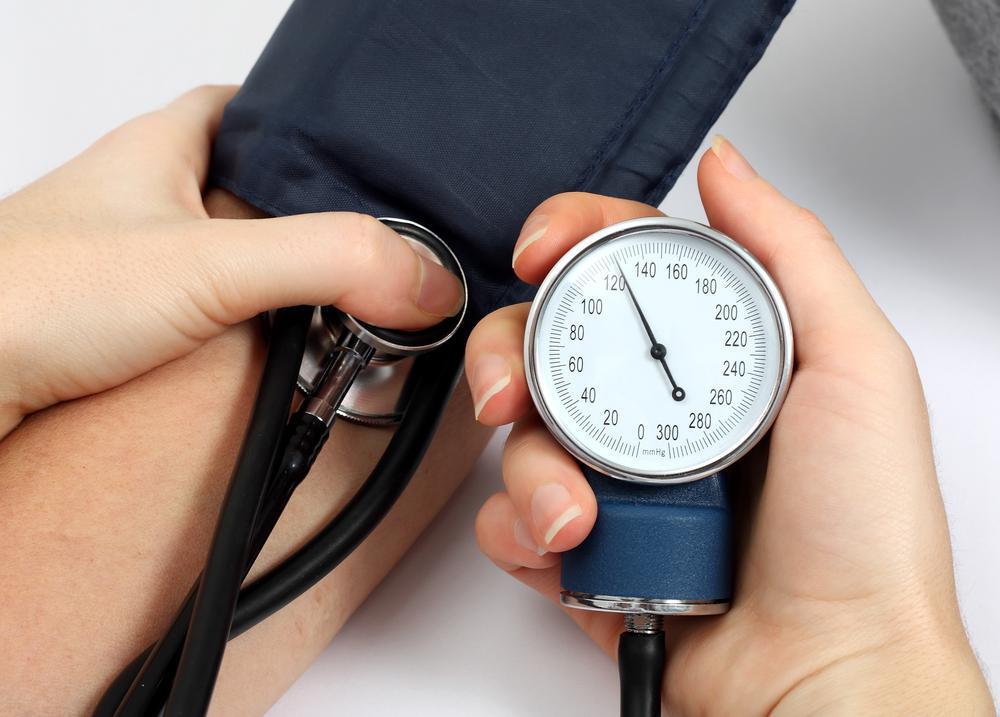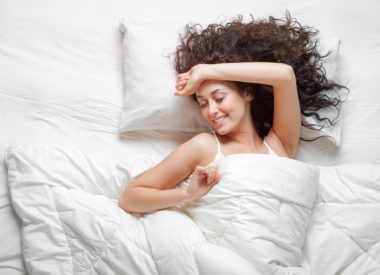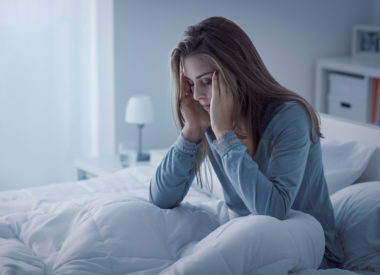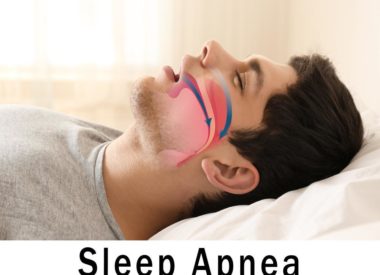Hypertension and Lack of Sleep
Hypertension(otherwise known as high blood pressure), affects at least a third of all adults, according to the most recent data published by the Centers for Disease Control.
Most people don’t inherently feel like they have high blood pressure, which is one reason why it’s considered a silent killer.
You can only really know if you have high blood pressure by measuring it; numbers consistently above 140/90 indicate hypertension.
What does hypertension have to do with sleep? More than you think.
What is blood pressure?
Blood pressure refers to the pressure of the blood flow against the walls of your arteries. Your blood pressure rises with the contraction of the heart as it beats, then falls as the heart relaxes.
Blood pressure is influenced not only by the rate of your heartbeat, but also its relative strength and ability to efficiently move blood through your entire vascular system, as well as the diameter and elasticity of the walls of your arteries.
When measuring blood pressure, you are looking at two numbers:
- Diastolic is the top number in the blood pressure reading measuring the pressure in the arteries during heartbeats.
- Systolic is the bottom number in the blood pressure reading measuring the pressure in the arteries between heartbeats, when the heart muscle is resting between beats and refilling with blood.
A normal range is 120/80.High blood pressure ranges above normal are considered hypertension.
Some of the consequences of untreated high blood pressure include developing a higher risk for:
- stroke
- cardiovascular disease
- heart attack
What happens to blood pressure during sleep?
Ideally, sleep leads to a dip in blood pressure. However, during rapid eye movement (REM) sleep, blood pressure can be quite variable. If you have healthy blood pressure, any REM-related shifts in blood pressure shouldn’t distress you; this is normal.
On the other hand, if you do have hypertension, your shifts in blood pressure during REM sleep will be more pronounced and may potentially aggravate your condition.
What are the causes of hypertension?
Blood pressure can be influenced by both internal and external causes. For instance, gender, age, and genetics are things we can’t control for.
Gender:Men are more likely to have high blood pressure than women (until women reach age 65, then they tend to have higher blood pressure than men).
Age:Though hypertension can happen to anyone of any age, the older you get, the higher the odds for developing it.
Genetics:Hypertension does run in families. However, part of any family’s predisposition to high blood pressure may also be linked to lifestyle factors, so it is important to manage blood pressure even if you have a family history of it.
Other causes include lifestyle choices we, fortunately, have some control over:
-
Smoking
-
Caffeine consumption
-
Alcohol consumption
-
Sedentary lifestyle
-
Stressful lifestyle (though everyone experiences stress, some may choose stressful living or choose not to practice stress-management techniques)
-
Dietary choices that include high-sodium and high-cholesterol foods
Medical conditions, such as obesity and anxiety disorders, may also lead to elevations in blood pressure if they’re left untreated. Fortunately, these are treatable.
What sleep disorders contribute to hypertension?
In addition to these traditional causes of hypertension, there are certain kinds of sleep problems which can aggravate preexisting hypertension or even lead to its development:
-
Sleep apnea: This can compromise the cardiovascular system and place oxidative stress on the heart, which drives up blood pressure.
-
Snoring: Even chronic, loud snoring has been associated with hypertension.
-
Insomnia: Lack of sleep leads to sleep deprivation as well as anxiety issues related to worries about not sleeping. In both cases, these can lead to hypertension.
-
Restless leg syndrome: This sleep disorder leads to broken sleep (sleep fragmentation) which contributes to sleep deprivation.
-
Shift work disorder:When you work during the night or overnight, it wreaks havoc on your entire circadian system, leading to elevations in blood pressure, among other things.
-
Circadian rhythm disorders: People who struggle with sleep phase disorders may also suffer from sleep deprivation.
-
Sleep deprivation: When the body does not get enough sleep, or the sleep it gets is fragmented, this creates the perfect storm of conditions for elevating blood pressure.
If you have chronic, hard-to-manage hypertension and experience daytime sleepiness, you may be right to suspect you might also have a sleep disorder. It’s worth having it checked out to prevent an untreated sleep disorder from further complicating your high blood pressure.
Talk to your physician about having a sleep study done to rule out sleep disorders as a potential cause for your hypertension.
By treating your sleep disorder, you might be able to also control your blood pressure.
If you don’t have high blood pressure, but you have sleep issues or problems with daytime sleepiness, please have them looked at as well. You don’t want to develop hypertension by ignoring undetected and, therefore, untreated sleep disorders.
Sources:
American Heart Association
Centers for Disease Control
National Sleep Foundation



